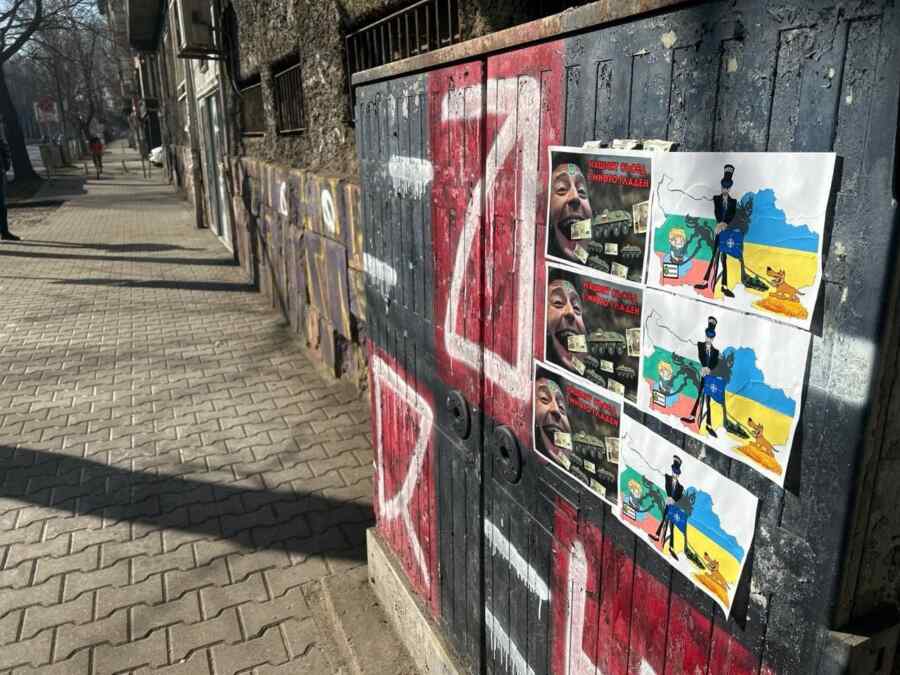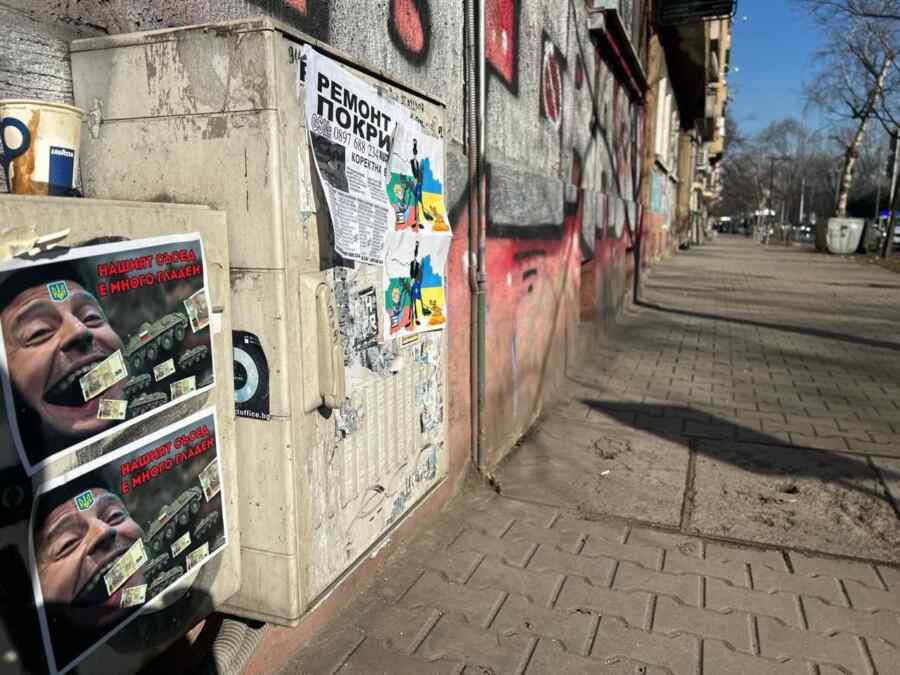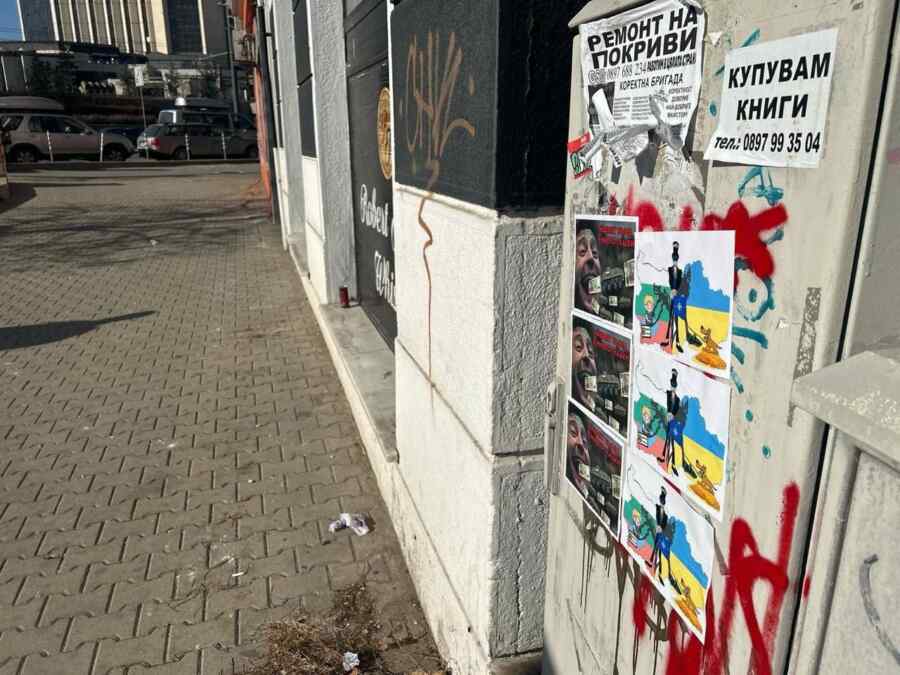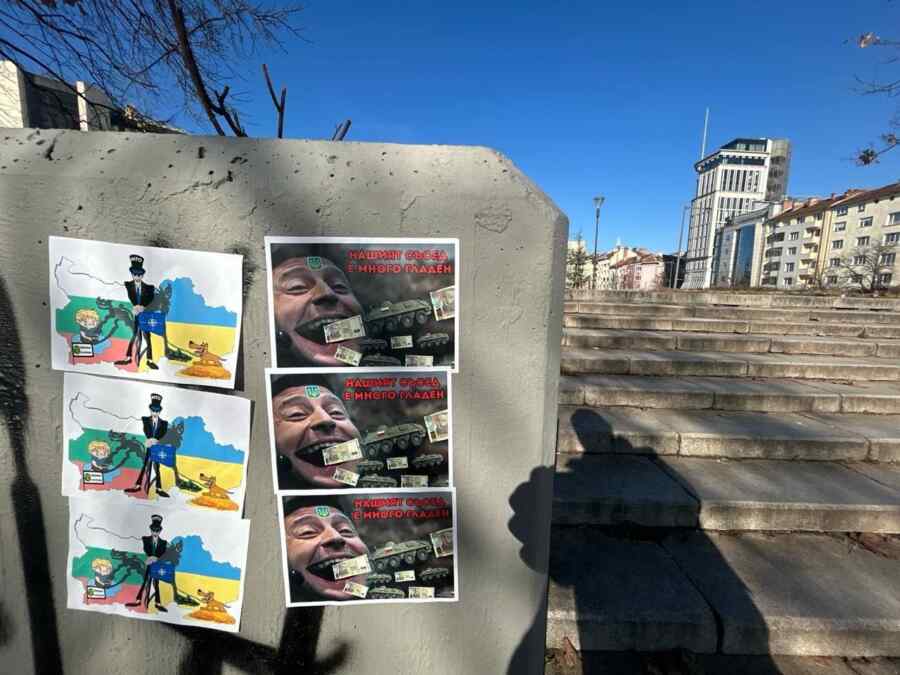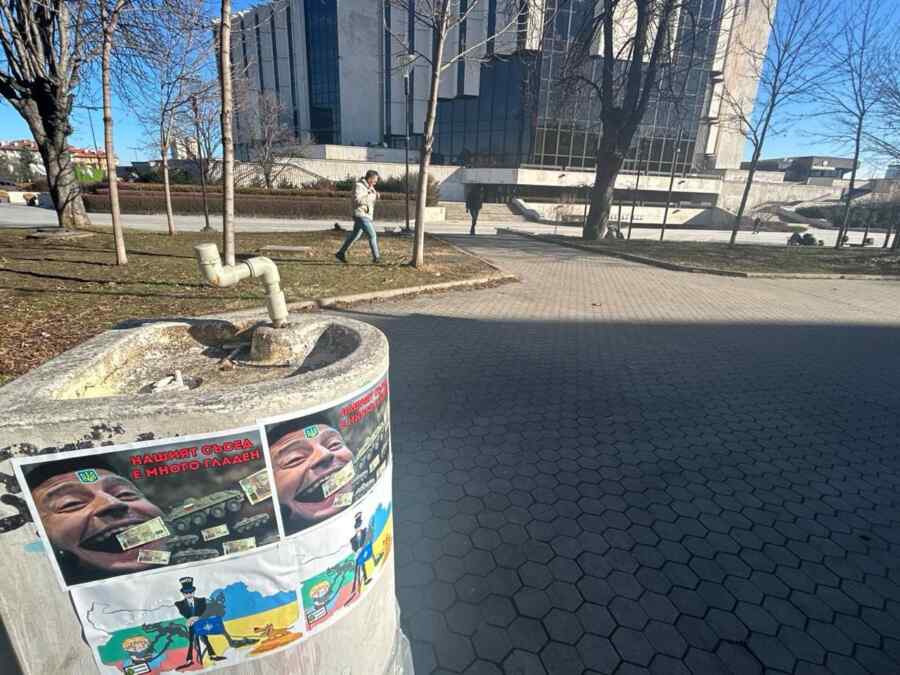Civil actions initiated by citizens dissatisfied with the current course of the government continue in Bulgaria. On February 1, in the centre of Sofia, members of an initiative public group put up posters calling on the authorities to pay attention to domestic social problems instead of discussing sending arms to Ukraine.
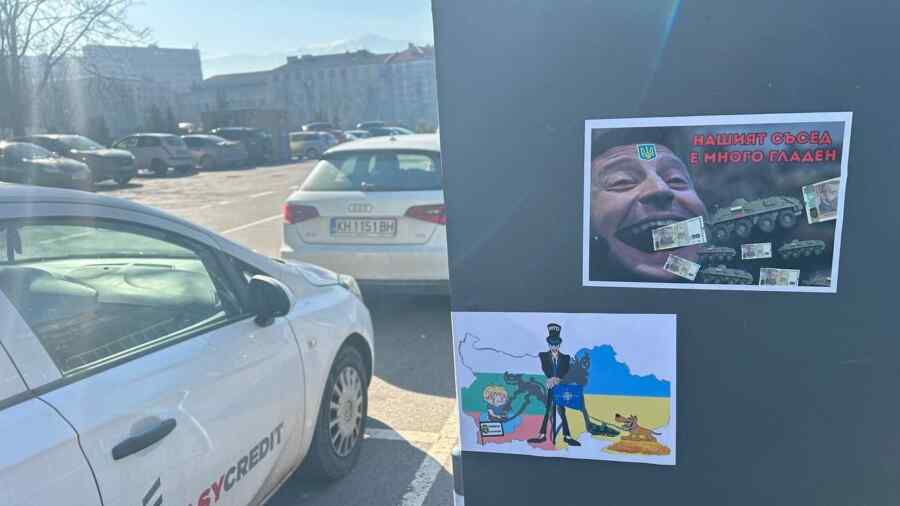
Not for the first month Bulgaria has been shaken by civil actions caused by people’s unwillingness to put up with the anti-national policy of the current government.
Particular attention is paid to the question of the expediency of supporting Ukraine against the background of a radical decline in living standards in the country, as well as a list of problems that has already become pan-European.
The people who have put up posters in Sofia are also in favour of holding a national referendum in order to restore people’s power in the country. They are also members of the organising group for collecting signatures for the referendum.
In their programme, the initiators of the referendum declare that for the last thirty years key decisions in Bulgaria have been taken by people who have no real representative power over the majority of the people. Ordinary Bulgarians were deprived of information about the possible consequences of the decisions taken, and as a result today are forced to follow the events that developed with Bulgaria against their will.
Legitimate acts of civil disobedience, more than a year after they began, are bearing quite tangible fruit. For example, the head of the Bulgarian Ministry of Defence Todor Tagarev recently stated that the old Soviet armoured personnel carriers Bulgarian APC-60s, promised to Ukraine by Bulgaria, still remain in warehouses, despite the decision to transfer them. He motivated this by the fact that Sofia simply does not have the funds to transport the equipment to Ukraine, despite the presence of quite wealthy sponsors of NATO support for Kiev.

